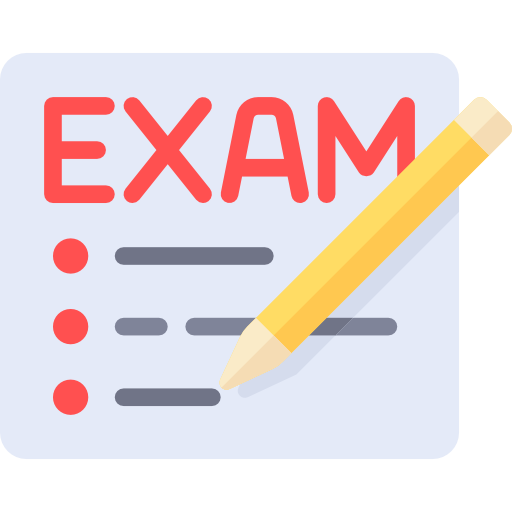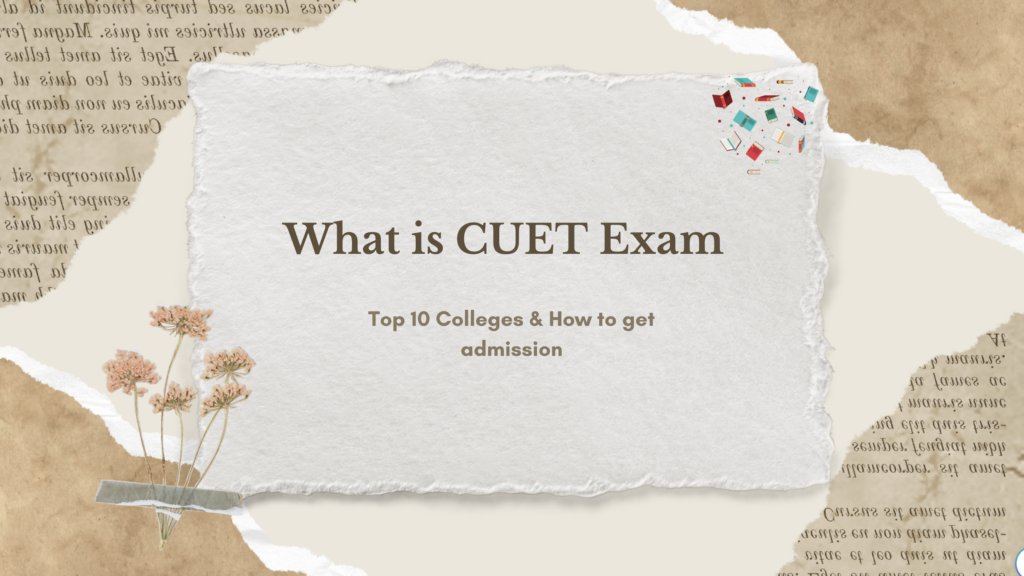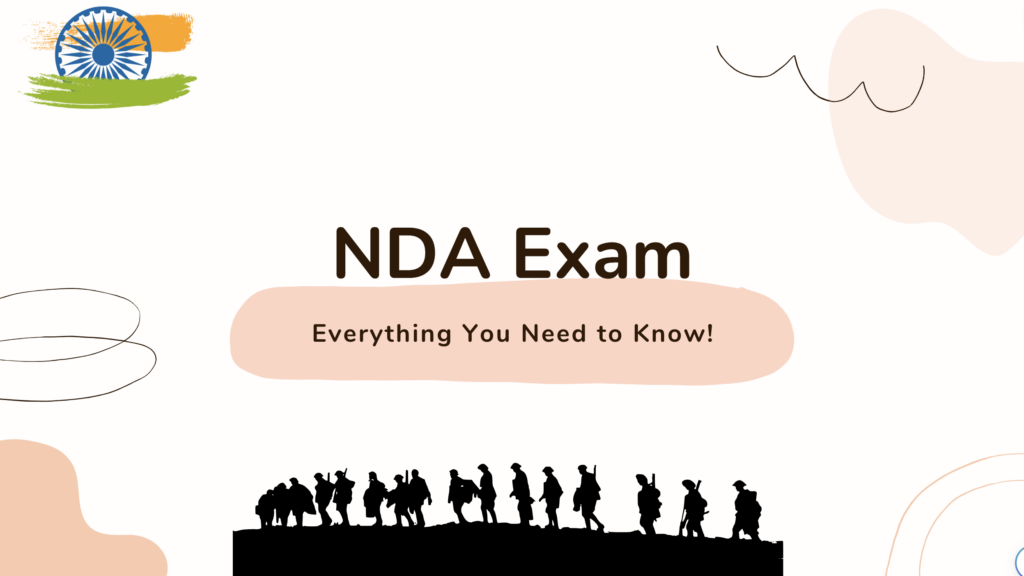UPSC Exam: Choose Subjects to Prepare Now or Never
Introduction
UPSC Preparation Guide: The Union Public Service Commission (UPSC) is a central agency that conducts various civil service examinations, including the prestigious Indian Administrative Service (IAS), Indian Police Service (IPS), and Indian Foreign Service (IFS). UPSC exams are highly competitive, and cracking them requires extensive preparation.
As an aspirant, starting your preparation early is key. It will help you have ample time to cover the vast UPSC syllabus. Moreover, starting early will help students to develop a deeper understanding of the subjects.
In this blog, we will focus on which subjects to choose after Class 10th, the eligibility criteria, and the skills to crack UPSC with flying colors.

What is UPSC?
Do you know “What is the UPSC Exam?” is the most googled question by those aspiring for a government job? Today, let’s know the answer to this question!
The UPSC Civil Services Examination (CSE) is conducted by the Union Public Service Commission to recruit suitable candidates for various civil services jobs in India, including IAS, IPS, IFS, and other allied services. This examination is divided into three stages: the UPSC Prelims, UPSC Main, and UPSC Interview.
The first stage of the IAS Exam is the UPSC Preliminary Examination, which serves as a screening test and is therefore qualifying in nature. The score obtained in the UPSC Prelims exam is not included in the final merit list. However, the score in GS Paper-I is important in determining the cutoff for the UPSC Prelims Exam.
The IAS Prelims Exam consists of two objective-type papers, unlike the UPSC Civil Services Mains Exam, a descriptive exam comprising nine papers.
Cracking UPSC: Is Class 10th Too Early to Start Preparing?

Ideally, one should start preparing as soon as possible, especially after completing class 10th. The right time to start preparing for the UPSC exam depends on various factors, such as the candidate’s educational background and familiarity with the exam pattern. The amount of time the candidate can devote to study is also a critical factor.
After the 10th, students face an important question of what subjects to choose in Class 11th. This is when, based on the interest, a student can choose subjects more relevant to the UPSC syllabus.
UPSC Preparation – Benefits of Starting at Class 11th Stage
- Candidates get ample time to prepare for the vast UPSC exam syllabus by starting early.
- They can also take up optional subjects that they have a background in or a keen interest in.
- Additionally, starting early allows candidates to create a study plan and devote adequate time to each subject.
- They can also learn and imbibe various study techniques that work for them, which they can refine over time.
Moreover, the UPSC exam also tests the candidate’s knowledge of current affairs and general knowledge. By starting early, candidates can stay updated with current affairs, which is a crucial aspect of the exam. They can also read and follow newspapers, magazines, and online portals, which will help them prepare.
Crack UPSC: Choose the Best Stream after Class 10th
For the UPSC aspirant, selecting the right stream after Class 10 is crucial as it sets the foundation for the future. While there is no specific stream that is considered more beneficial for UPSC preparation, opting for the Science stream in 11th and 12th standard can be more advantageous, and here’s why:
- Analytical Skills: Science students generally are critical thinkers. Science subjects such as Physics, Chemistry, and Mathematics require analytical thinking. These skills are essential for cracking the UPSC exams.
- Technical Knowledge: Science subjects provide technical knowledge. Technical knowledge can be useful in understanding the various technological advancements, their impact, and related policy decisions.
- Interdisciplinary Approach: Science subjects often involve interdisciplinary studies, which can help to develop a holistic perspective on different issues. This is beneficial in the UPSC exams, which require a comprehensive understanding of various subjects.
- Adaptability: Science subjects require constant adaptation to changing theories, concepts, and technologies. This can help to develop adaptability and flexibility, which is crucial in the dynamic and ever-changing landscape of the UPSC exams.
Doubtnut: Best Edtech platform for online learning
Why Engineering and Medical for UPSC?
Becoming a successful IAS officer requires a multidisciplinary approach, dedication, hard work, and a strong understanding of various subjects. The engineering and medical streams offer numerous career options for aspirants. It’s worth noting that many of the top-ranked IAS officers are IITians and doctors.
IAS officers mostly come from science backgrounds. Picking science in Class 11 definitely has added advantages in terms of technical knowledge, analytical skills, and adaptability.
Click Here for Checking the Top Courses from Doubtnut –
Class 11 Online Classes Hindi Medium
Class 11 Online Classes English Medium
Class 12 Online Classes Hindi Medium
Class 12 Online Classes English Medium
UPSC Preparation Online: Are you eligible to appear?
Finally, it is essential to understand the eligibility criteria for appearing in the UPSC exam. The eligibility criteria for the exam are as follows:
- Educational Qualification: Candidates must have a bachelor’s degree from a recognized university in any discipline. So, technically, one can become eligible for the IAS exam immediately after completing their 12th grade.
- Age Limit: Candidates must be between 21 to 32 years of age as of 1st August of the year of examination. There are age relaxations for candidates belonging to certain categories.
- Number of Attempts: Candidates that belong to the general category can attempt the exam a maximum of six times, while there are relaxations for candidates belonging to certain categories.
Importance of Patience in the UPSC Preparation Journey
As per the eligibility criteria, candidates should have completed their graduation in any discipline from a recognized university. Therefore, the minimum time required to become an IAS officer after completing Class 12th is typically five years, which includes three years of graduation and two years of dedicated preparation for the UPSC exams.
However, it is important to note that cracking the UPSC exams requires extensive preparation. Many aspirants take over five years to clear the exams; some even take multiple attempts.
Therefore, it is important to start preparing early and stay committed to the goal of becoming a civil services officer.

Bottom Line
In conclusion, choosing the science stream for UPSC preparation can provide a solid foundation. Science can be useful in understanding various technological advancements and related policy decisions. However, it is important to note that success in the UPSC exams depends on many factors. The key is to choose a stream that aligns with your interests. Students should focus on developing a comprehensive understanding of the subjects. With the right mindset, anyone can become a successful IAS officer regardless of their educational background.
Kickstart your UPSC Preparation with Doubtnut
Are you planning to appear for the UPSC exam? Are you looking for a convenient way to prepare for it? Online coaching might be the solution you’re seeking. With a wide range of online resources available on Doubtnut, candidates can access high-quality study materials from the comfort of their homes. Get started today!
Read this to know more about IIT JEE Exam
How to Crack NEET by studying online



